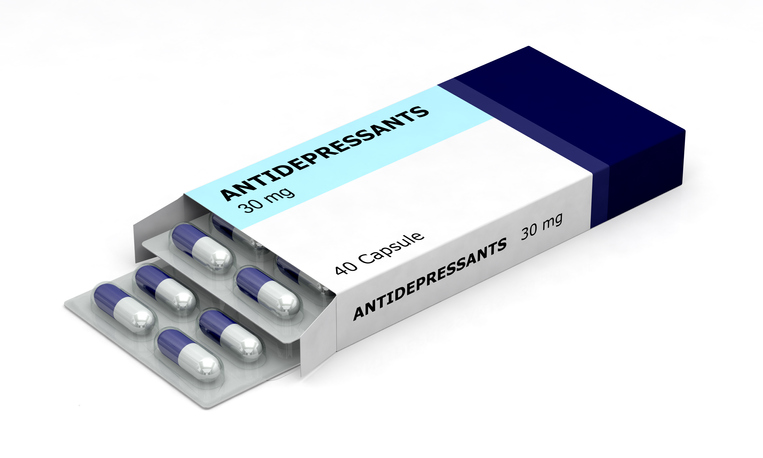Treatments
What to Expect During an Acceptance and Commitment Therapy (ACT) Session

What is acceptance and commitment therapy?
Acceptance and commitment therapy (ACT) is an action-oriented psychotherapy that focuses on accepting life experiences and committing to staying focused on the present moment. Pain, illness, grief, anxiety, sadness and regret are inevitable throughout life. ACT helps individuals accept these hardships and make necessary changes to move forward by developing psychological flexibility. This allows energy to be used for healing in the present, instead of dwelling on emotions, thoughts, and painful experiences. Dealing with chronic pain often involves grieving the loss of a previous chronic-pain-free life. Many people facing chronic pain may benefit from ACT therapy.
Treatment
An ACT session typically follows a structure similar to the following:
- Building rapport
In early ACT sessions, trust should be developed with the therapist. Medical and mental-health history should be evaluated. The therapist may ask about any present struggles and past methods attempted to address them. - Developing awareness
The therapist will work with individuals to foster awareness of areas that negative thoughts surround. This helps with guiding a person through difficult experiences in order to accept situations they are unable to change. - Core values
An important facet of ACT is identifying core values. A therapist may encourage recognizing what is truly significant in life and ways to ensure goals and dreams become reality. - Actions
After working on the internal portion, a therapist will help with making changes in life. Ideally, a person will be able to accept what they cannot change, while simultaneously working on the factors that they have control over. - Commitment
The therapist will help build a plan to incorporate ACT into everyday life. This helps individuals continue their treatment after therapy sessions are completed.
Additional source: Verywell Mind


















